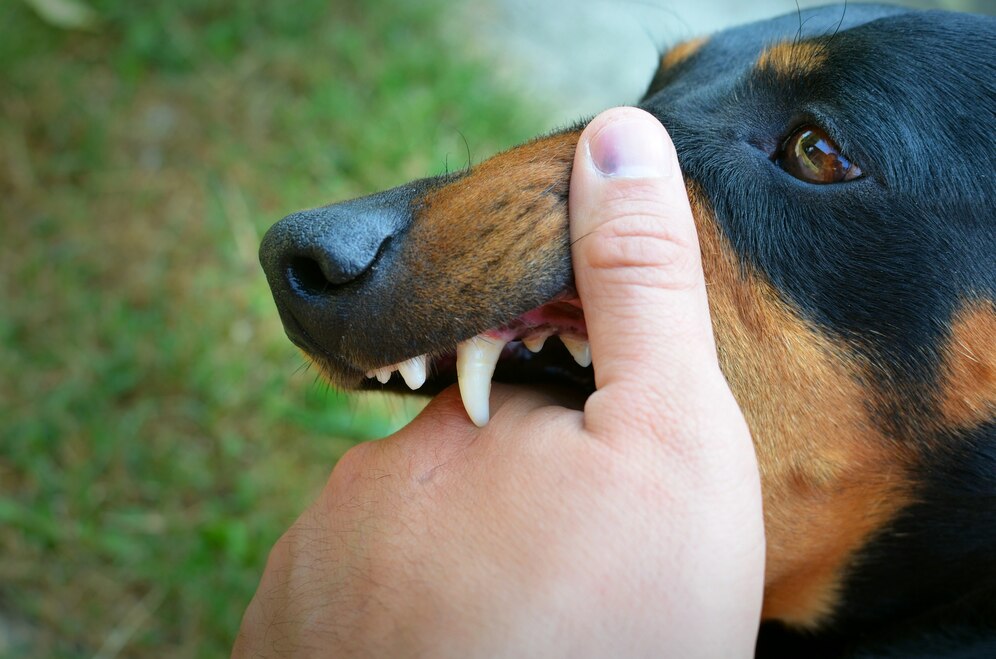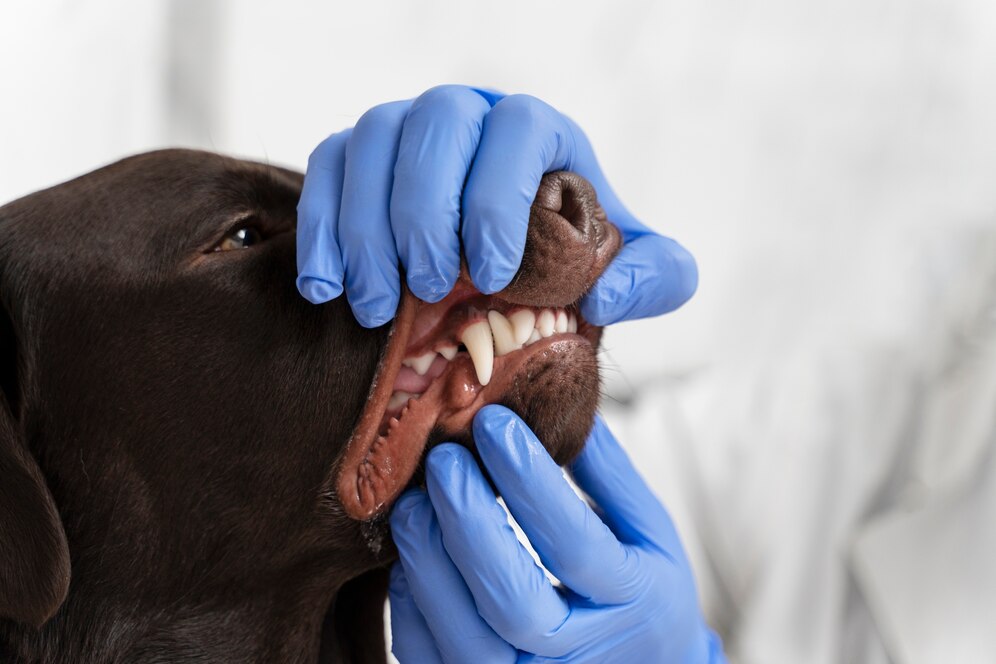Rabies is a very deadly viral infection that is mainly spread through the saliva of an infected animal (dog, cat, monkey, or bat). Rabies virus affects the central nervous system of humans, causing mental illness and then death of the victim. However, prompt treatment (which includes a set of injections) can help prevent the virus from turning into rabies.

After being bitten by an infected stray dog or cat, it takes time for the rabies virus to reach the brain. The incubation period of rabies can last from weeks to months. However, once clinical symptoms appear, the disease is almost always fatal.
The death occurred even after taking the anti-rabies vaccine
A 21-year-old girl from Kolhapur, Maharashtra has died of rabies after being bitten by a stray dog. After the dog bite, he had taken a full course of anti-rabies vaccine, but despite this, he died. In such a situation, a question arises in all of our minds whether rabies can occur even after taking the anti-rabies vaccine. Let us know what the experts are saying.
Expert's statement
Dr. Mohan Kumar Singh, senior consultant of internal medicine at Marengo Asia Hospital, Gurugram, said that the treatment of rabies can sometimes fail despite progress in medical research. In one such case, a 21-year-old girl did not respond to rabies treatment. She was bitten by a dog, but even after she received PEP immediately, she developed rabies and died. These incidents demonstrate the importance of continued study and education about rabies prevention and treatment.
Symptoms of rabies
Dr. Chetiwal explains that the rabies virus takes time to reach the brain after being bitten. Symptoms do not appear during this period. This is called the incubation period, which can last for weeks or months. The initial symptoms of rabies can be a flu-like weakness, fever, or headache. Pain, tingling, or itching may also be felt at the bite site. These symptoms may last for a few days. After this, serious symptoms like mental problems, restlessness, confusion, and nervousness appear. As the disease progresses, confusion, abnormal behavior, confusion, and fear of water (hydrophobia) may occur. This condition lasts for 2 to 10 days. Once symptoms appear, rabies is very difficult to treat and patients usually do not survive.

Who can become a victim of rabies?
Both humans and animals can suffer from rabies. This virus is often found in wild animals like bats, raccoons, and skunks. Pets like dogs, cats, and monkeys can also spread it. However, in rare cases, organ transplants and contact with infected tissue can also cause rabies. If someone suspects that they have been bitten by an animal suffering from rabies, they should go to a doctor immediately. Injections given after a bite (post-exposure prophylaxis) can prevent the virus from spreading. This treatment includes rabies vaccine and in some cases rabies immune globulin.
How to avoid rabies?
Vaccinating pets, staying away from wild animals, and seeking medical help immediately after a bite or scratch can reduce the risk of rabies. Making people aware of the symptoms of the disease and the importance of the vaccine plays an important role in preventing rabies. Together we can create an environment where rabies does not pose any threat to humans and animals.
(PC: Freepik)










